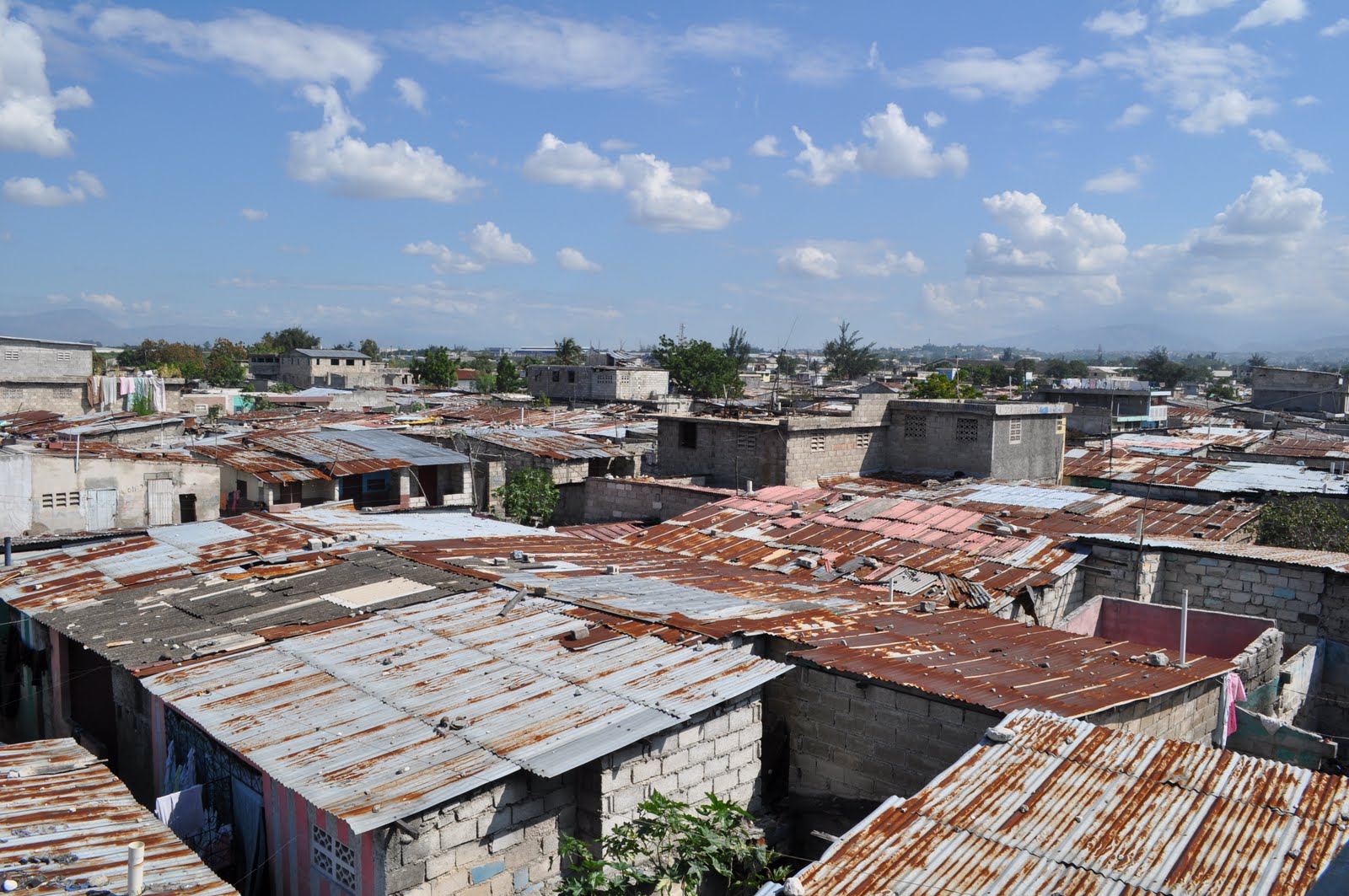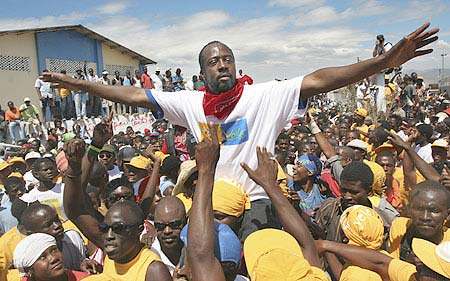Haitian Hip Hop
Haitian hip hop, also known as “rap Creole” (rap Kreyòl), is a relatively new genre of music that has been manifesting itself in Haitian culture since the early 1980s. Haiti was one of the first countries to see the American art form and follow suit, perceiving the value in expression and musicality that rap inherently possesses. In the same way that many U.S. hip hop artists began in impoverished and lower-class neighborhoods, so did the Haitian music movement. Most of the more popular MCs began their careers in tough living conditions and in neighborhoods plagued by poverty; this is reflected and addressed through the lyrics in rap Creole.

“Flossing,” or boasting about the fortune and materialism of a rapper’s own fortune, is present in rap Kreyòl but is not prominent. Instead, lyrics generally remain geared toward the hardships of one’s upbringing. Things like living in the slums, overcoming the ramifications of drug use, and warring gangs throughout the country are popular topics.
Notable Artists

Many Haitian native artists have become incredibly successful on an international level. One cannot begin to discuss the genre without first noting the contributions of Wyclef Jean. Wyclef, having been born in Haiti and moved to the States when he was nine years old, boasts a multicultural background that makes his music unique. Between 1992 (with the New Jersey-based group, the Fugees) until the present day, Wyclef has won three Grammy Awards and has toured all over the world. In 2010, after the catastrophic earthquakes in Haiti, Wyclef Jean filed to run for the presidency in Haiti, but was turned down due to failing an in-country residency stipulation of five years or more. He continues to spread eccentric Haitian culture and flare wherever he goes.

The man attributed the founding of Haitian hip hop is George Lys Herard, better known as Master Dji. His group, Haiti Rap’ N Ragga, helped to create and introduce the Creole genre to the country. Perhaps his magnum opus was his first album, simply titled Master Dji. The main attraction of this production was the beautiful and intelligent lyricism, which identified rap Kreyòl as the social commentary that it is today. Master Dji was able to rap in English, French, and Creole, increasing his widespread appeal. Because he was also a popular radio DJ, Herard was able to dominate the wavelengths and share his music with the masses. Today, the late Master Dji is regarded as a hip hop legend, and has been celebrated with awards and festivals in his memory.
Rap Creole, Moving Forward
New Haitian hip hop artists are creating and expanding their culture every day; more than any other home-grown kind of music before it, young island natives are indulging and identifying with the messages and images of popular MCs. With its poignant expression and capacity for delivering both the rhythm of the dance floor and of the heart, the genre perhaps remains the best catalyst for global relevance and understanding the colorful elements of Haiti’s roots.
